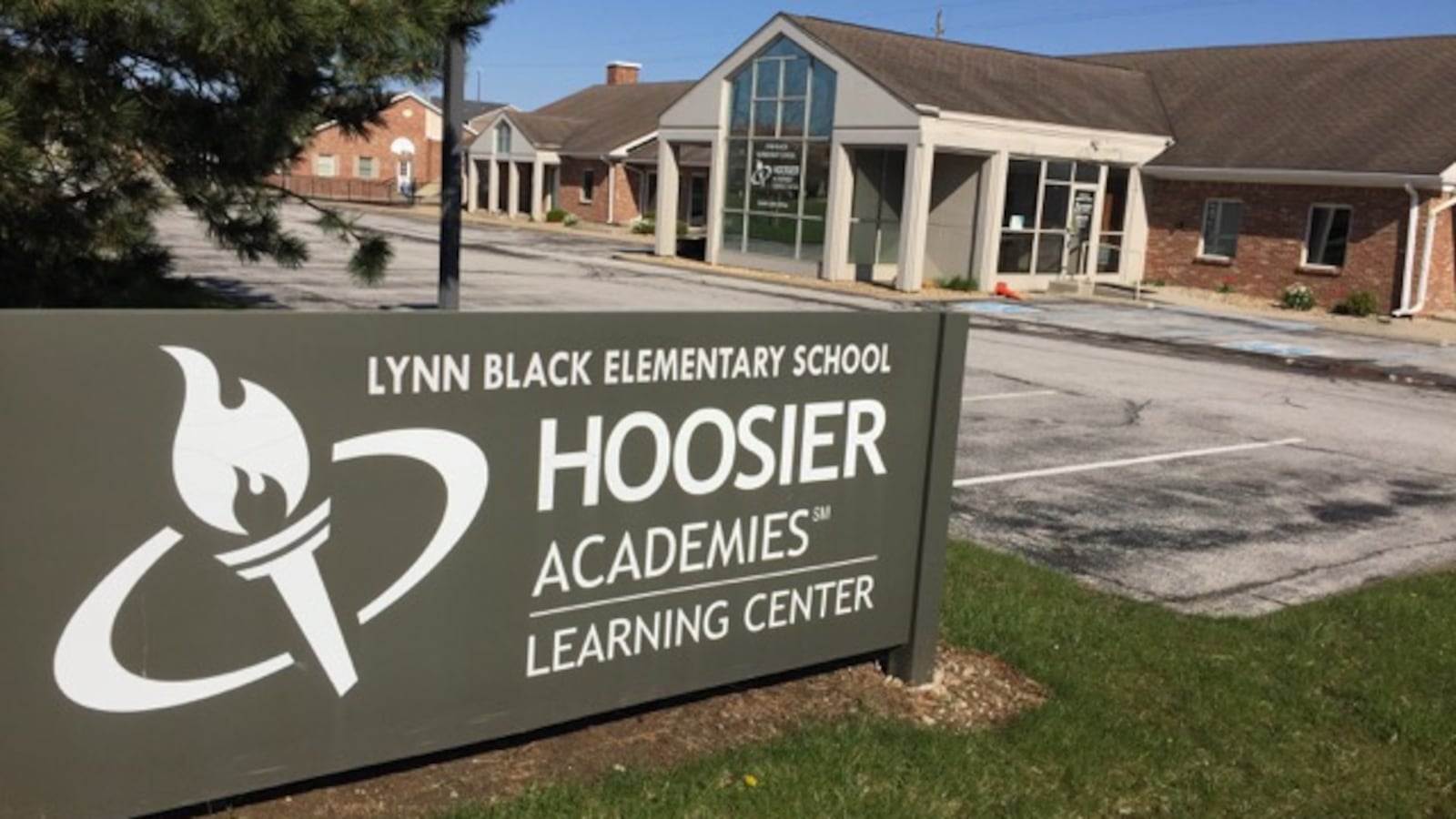Indiana State Board of Education members were stunned to learn today that a failing charter school transferred some of its neediest students to a newly created sister school just before the board was expected to decide its fate.
The move, and the creation of a new school, already were approved by Hoosier Academy Virtual Charter School’s sponsor, Ball State University, which surprised the state board. Hoosier Academy Virtual Charter School received its fifth F-grade from the state in 2015, and the state board faced a decision today about whether to close the school.
That decision was postponed yet again, as board members said they wanted more information.
The situation was even more awkward as one of the state board members — Byron Ernest — is in charge of the network that operates the two schools. Ernest did not participate in the debate or the vote to postpone the decision.
The shift of students out of Hoosier Academy Virtual Charter School and into the new Insight School of Indiana, also an online school, prompted a question from state Superintendent Glenda Ritz and other board members: Was this an effort to avoid state sanctions?
“It will have a different clientele upon which it will be given a different grade,” Ritz said of Hoosier Virtual, whose population will change with Insight students rated separately from now on, “giving you the opportunity to perhaps not have an F — I’m just going to be blunt.”
The new “alternative virtual school” now enrolls Hoosier Virtual students who require the most extra support, said Ball State’s Bob Marra, such as those with special needs or those who need to retake classes to graduate high school. Marra said the move is in the best interest of students and included teacher and parent input.
“I believe we have demonstrated sufficient progress,” Marra told the board. “The school is moving in the right direction and doing the right things.”
But board members pointed out that siphoning off Hoosier Virtual’s most struggling students also could help the school raise its grade going forward, avoiding shutdown or other possible penalties. At the same time, Insight School of Indiana would have until 2017 before it receives its first state letter grade and then four years before the state would be required to take action to address any poor performance.
At a minimum, Ritz said, the school split “muddies the waters” for the board’s conversation about Hoosier Virtual’s performance and its immediate future after the one-year reprieve it was granted in March 2015.
If the board were to vote today to close Hoosier Virtual at the end of this year, that might compel teachers to leave in search of other jobs, jeopardizing the education of the kids at that school, some argued. Board member Cari Whicker said she wasn’t sure that another online charter school could so quickly take on Hoosier Virtual’s 3,861 students.
“This is a unique situation that isn’t a brick-and-mortar building with options for them to go to (another school) in the neighborhood,” Whicker said. “I want to make sure these kids get an education that they deserve.”
By putting the decision on hold for now, board members said they hope to consider Hoosier Academy Virtual’s 2016 letter grade due out this winter. The new grade could show whether turnaround efforts at the school have paid off, board members said.
Hoosier Academy Virtual scored the worst across the board of any of Indiana’s online schools — on test scores, graduation rate and dropout rate. The school’s ISTEP scores were far below state averages in 2015, 27 percentage points below the average in English and 30 percentage points below in math. Graduation rate has also been consistently low, at 21 percent in 2015 compared to the 89 percent statewide average.
There are few laws in Indiana that place restrictions to authorizers, like Ball State, that want to open additional charter schools. Indiana State Teachers Association President Teresa Meredith said she was disappointed in the board’s decision to wait to decide Hoosier Virtual’s fate.
“(It is) concerning Hoosier Academy is able to skirt public accountability by creating a new, last-minute charter school,” Meredith said. “While we certainly don’t want to interrupt student learning by closing the charter school abruptly, I can’t help but be concerned about the lost months in quality student learning that may be happening.”

